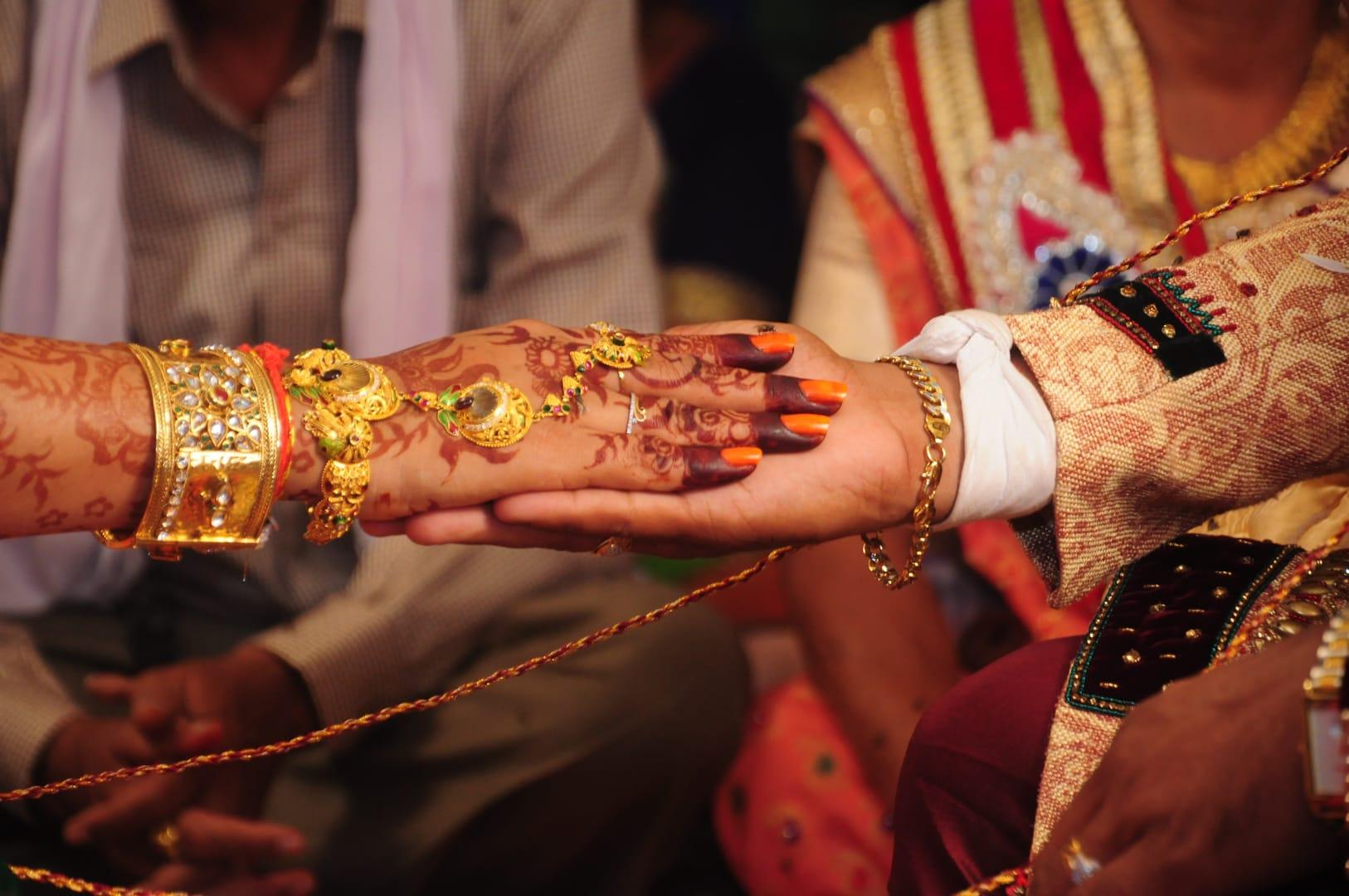MUMBAI, India – Granting protection to interfaith couples from harassment under Gujarat’s recent anti-conversion law, the Gujarat High Court last week said some sections of the Act will not apply to a marriage that did not involve force, fraud or allurement.
In Jamiat Ulama-E-Hind Gujarat vs. State of Gujarat, the Gujarat High Court on Thursday passed an interim order directing that provisions of the controversial Gujarat Freedom of Religion (Amendment) Act, 2021 will not operate merely because a marriage is interfaith, unless there are extenuating circumstances.
Archbishop Thomas Macwanmas of Gandhinagar in Gujarat said he welcomed “the stand of the Gujarat High Court in the line of freedom of religion.”
“This clause was not required, as it already implicit in the Freedom of Religion bill, viz., if anyone is converting another person by force or allurements, or deception, these provisions were already included in the freedom of religion act of 2003, which was put into practice in 2008 and made even more stringent with the Gujarat Freedom of Religion (Amendment) Act, 2021,” the archbishop explained.
The 2021 update of the law made interfaith marriages de facto illegal in the state, since it considered marrying outside of your faith a sign of forced conversion.
The High Court ruled that the changes to the law “shall not operate merely because the marriage is solemnized by a person of one religion with another religion without force, allurement or fraudulent means, and such marriages cannot be termed as marriage for the purpose of unlawful conversion.”
The archbishop said he was pleased with the clarification.
“The Gujarat High Court is welcome with this ruling is in favor of the constitution of the country. If two mature people fall in love with each other, they have full freedom to get married, and religion does not come in the way,” Macwanmas said.
“There are many interfaith marriages in Gujarat, between different communities, but the law put a curtailment to this and also a fear in people. We welcome this ruling,” he said.
Last year, Indian Prime Minister Narendra Modi’s Hindu-nationalist Bharatiya Janata Party (BJP) began a campaign against interfaith marriages. The party describes such marriages as “love jihad,” an unproven conspiracy theory used by its leaders and Hindu hard-line groups to accuse Muslim men of converting Hindu women by marriage.
RELATED: Fears of ‘Love Jihad’ cause Catholic Church in India to look at interfaith marriages
Several Indian states ruled by the BJP have passed laws against interfaith marriage, including provisions forcing interfaith couples to get the permission of a local magistrate before an interfaith marriage can take place.
Father Babu Joseph, the former spokesperson of the Catholic Bishops Conference of India, said the Gujarat High Court had done a “yeoman’s service” for the cause of social justice and religious liberty in the country.
“As the High Court rightly observed this law has been wantonly misused to harass many genuine interfaith couples,” he said.
Muslims, Sikhs, Christians, Buddhists, Parsis and Jains are classified as minorities in India. Together they make up 20 percent of India’s 1.3 billion people. Some 80 percent of Indians are Hindus.
Critics of Modi — an avowed Hindu nationalist — say India’s tradition of diversity and secularism has come under attack since his party won power in 2014 and returned for a second term in 2019.
They accuse the party of fanning religious passions and presiding over religious intolerance and sometimes even violence. The party denies the accusation.
RELATED: Indian state outlaws religious conversion by marriage
“In a country like India where people of different religious faith lived harmoniously for millennia have been deliberately pitted against each other through such myopic laws is nothing short of social anarchy,” Joseph told Crux.
He said the laws targeting interfaith marriage is an example of this attack on peaceful coexistence.
“While laws are meant to create better social order by ensuring justice to all sections of the citizens, a law like this appears to deepen the already existing fault lines between various religious communities in India,” the priest said.
“What we as a nation need is not social division but cohesion and the government must be enablers of this process for a united and strong nation. Choosing a life partner is a person’s fundamental right and the state should ideally have no role to play unless of course it contravenes any existing law,” Joseph said.
This article incorporated material from the Associated Press.















